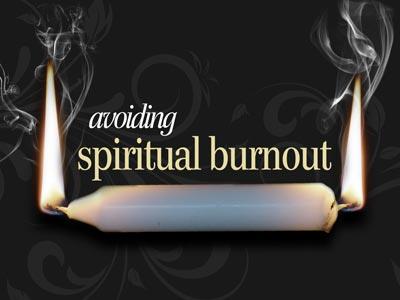-
The Price Of A Kiss
Contributed by Joseph Smith on Nov 28, 2017 (message contributor)
Summary: Black History Month: There is a price to pay for friendliness: Christlike behavior even when others disappoint us, commitment to the development of others.
The passage I am about to read is the very ending of the Second Corinthian letter. It includes a verse which has a warm place in my memory because it was the favorite verse of lots and lots of male seminarians back in the 60’ s when I was in school.
You see, in the 60’s there were not very many female students in the seminary, and so all these unmarried preacher boys were stuck over in the dormitories, pining away for a little female companionship. And so when a few women students began enrolling in the theological course, the fellows began to go around quoting at strategic moments this verse: II Cor. 13: 12, "Greet one another with a holy kiss."
By the way, nobody ever satisfactorily defined what was a holy kiss. Most of us admitted it didn’t sound too exciting, but the verse was useful just the same to assure the young ladies that it would be perfectly appropriate and well in accord with the clear commands of Scripture if they were to demonstrate their affections a little bit. "Greet one another with a holy kiss.”
The only trouble is that the women fought back with Scripture too. And right out of II Corinthians. Don’t tell me when this period of emphasis on II Corinthians is over that you didn’t learn anything ...because now this ... this is valuable.
The ladies refused the advances of the preachers with their pleas for holy kisses by resorting to II Corinthians 1: 8, with the punctuation altered just a little. If you move the comma over only one word, it reads like this: "We do not want you, ignorant brethren..."
Now that you’ve had your dose of Biblical scholarship for the day, may I read with you the concluding passage of Second Corinthians? And I will make it a little clearer by substituting "I" for "we" in several places. The scholars agreed that Paul was talking about himself here, and so it’s clearer if I change the pronoun for you.
Ch. 13, verses 5-13
The rituals of friendship are fascinating to watch and to think about. I dare say none of us, when we meet someone else, gives much thought as to how we will greet this person. We just stick out our hands, we just mutter the usual pleasantries about how nice it is to meet you, and sort of instinctively know how firm the grip should be and how long to maintain eye contact ... we never give it a second thought.
But did you know that there is at least one theory that hand-shaking arose during the early Middle Ages as a way to test whether the person you were meeting had a dagger in his hand? The idea seemed to be a kind of mutual distrust ... you hold his right hand and he holds yours, and so no harm is going to come to either one.
I do all right, I think, with hand-shaking, but the friendship ritual that I had a hard time mastering for a while was the hug. When I was growing up, I don’t think adults hugged anybody over the age of eight, and in fact you might get in trouble if you hugged a male over the age of five! But somewhere in the mid-70’s, I think it was, I found my nose getting smashed against people’s jacket pockets without the slightest warning. Women hugged women, then women and men, finally men began hugging men, often with lots of back-slapping so that nobody got the wrong idea. It took me a while to get used to that.
But kissing as a friendship ritual is even tougher. I’ve noticed that somehow some people send out signals that tell others they expect and want to be kissed. If you can tell me what it is that people do that sends that message, I’ll be glad to comply. But kissing is a difficult friendship ritual. It’s got a lot wrapped up in it.
It feels as though before you kiss someone there needs to have been something deep between the two of you, doesn’t it? It feels as though a good deal of history should have passed between folks who kiss each other. It would just appear that kissing is not something people do unless their eyes light up and their hearts take a leap when they see each other. Kissing is special.
Maybe that’s why Paul saves this command, "Greet one another with a holy kiss" until the very end of the letter. A lot of history has finally passed. A whole lot of things have happened in the Corinthian church. And I just suspect that Paul knows that there is a price to be paid before a kiss is justified. There is a cost, there is a price in conflict and disagreement and fighting and misunderstanding that has to be paid first ...and when that is all resolved, then and only then does it make sense to "Greet one another with a holy kiss."

 Sermon Central
Sermon Central



